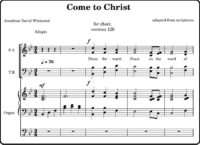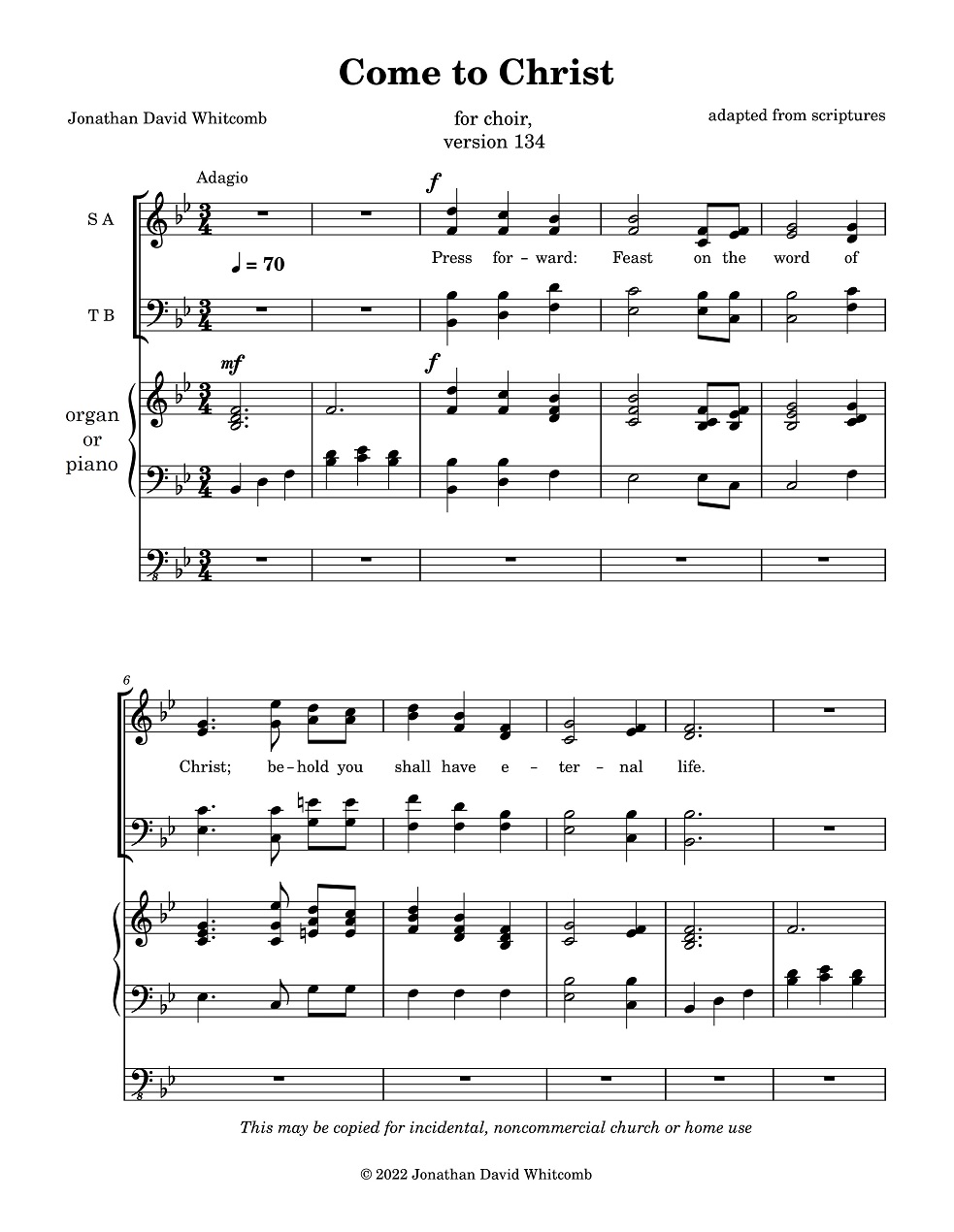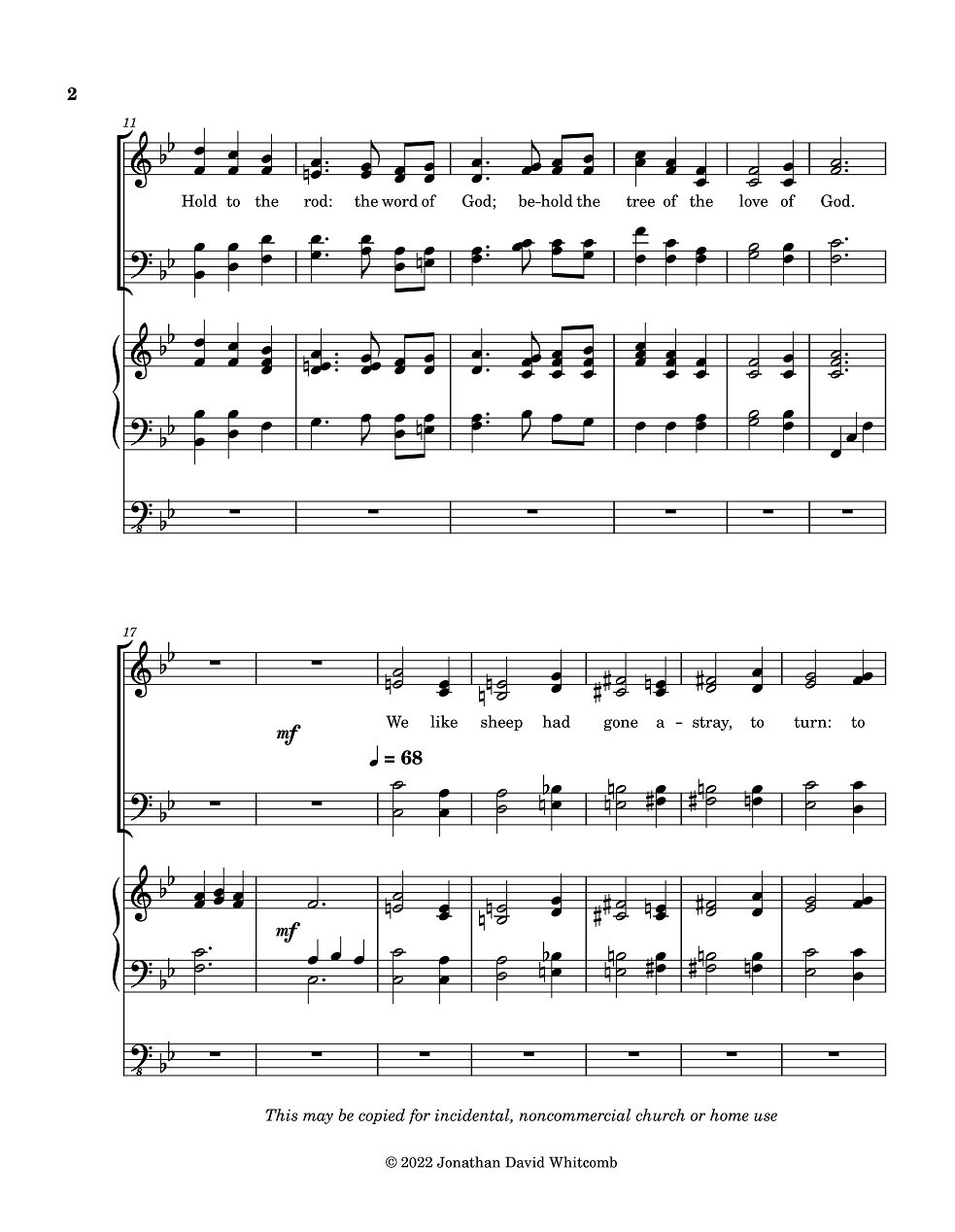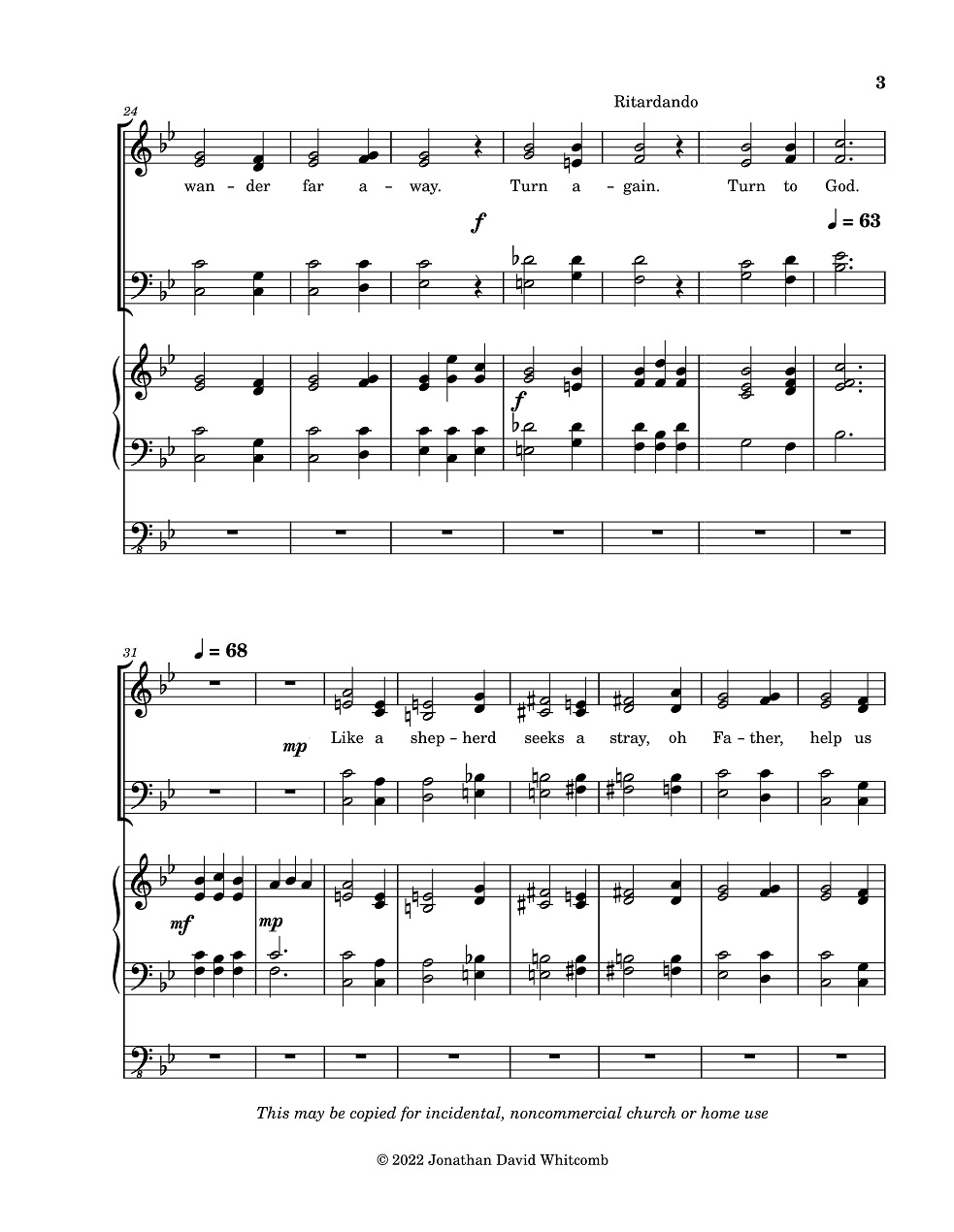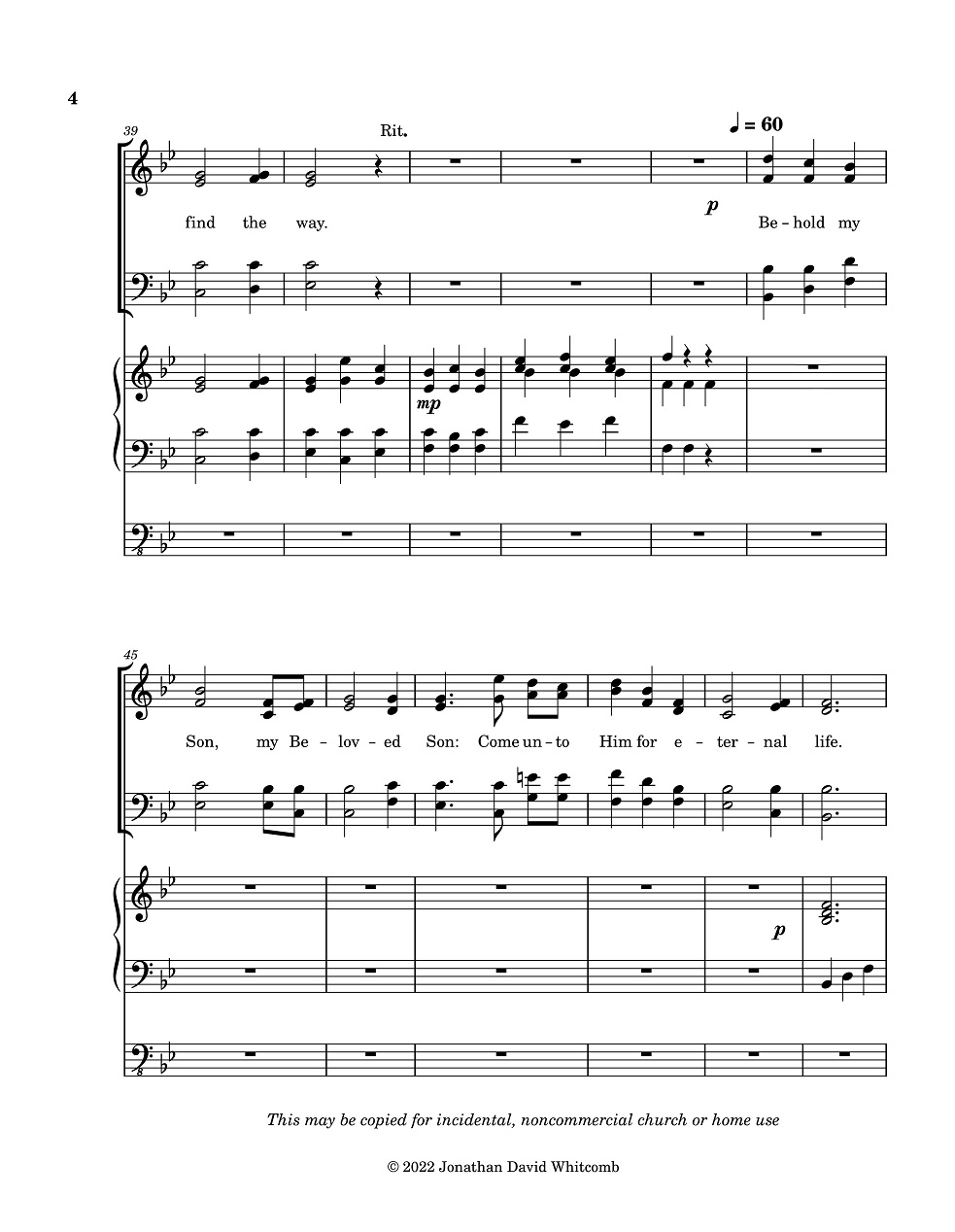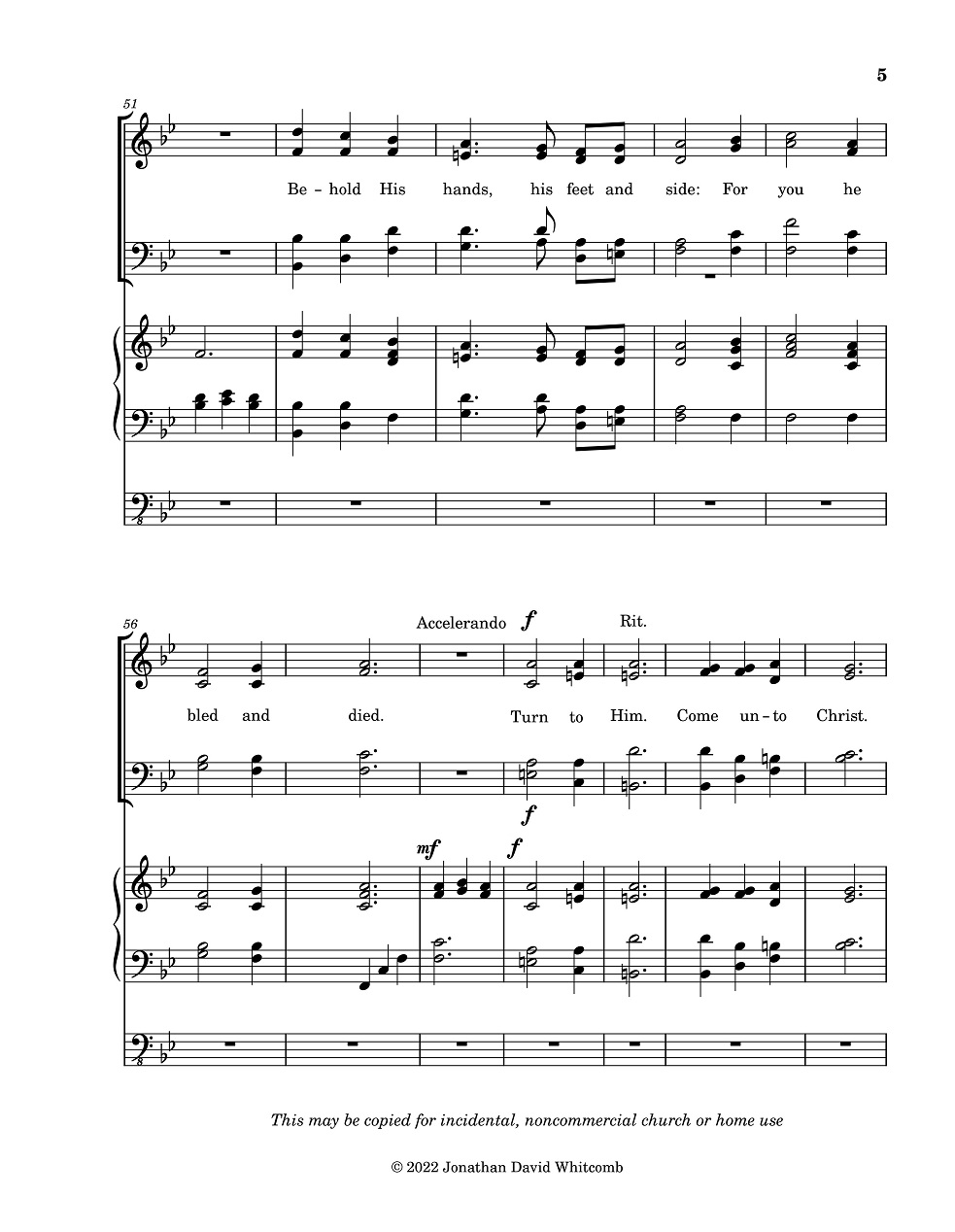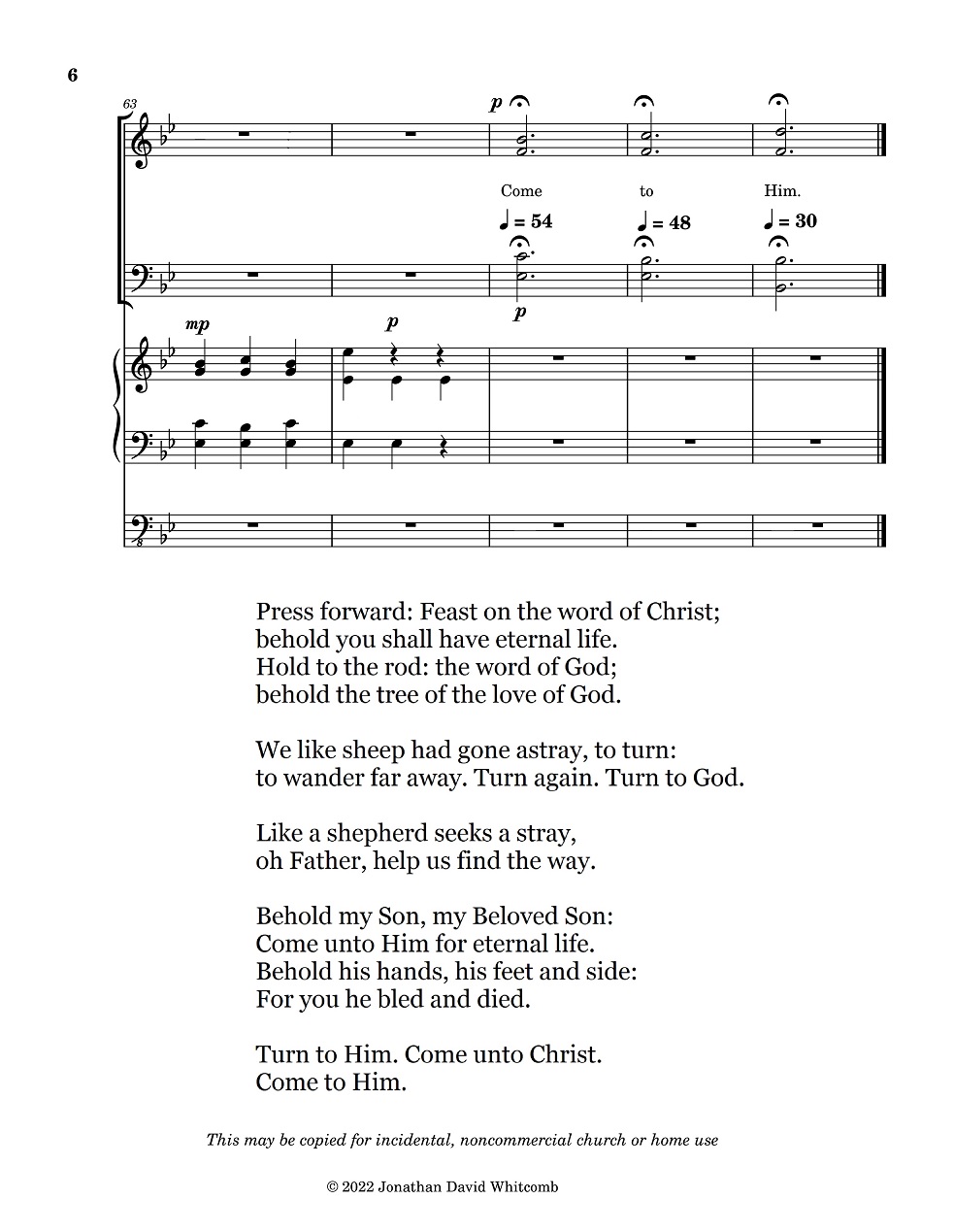I have noticed, on occasion, someone may become disturbed by reading about the bloody ending of Laban’s life; Nephi himself was disturbed by what he was commanded to do. One new reader of the Book of Mormon said that it was not the most pleasant part of the book for her, meaning the middle of the fourth chapter of First Nephi. I daresay it was not intended to give anyone pleasure, in the usual read-for-enjoyment sense, but we need to learn what we can about the law that God gave to the ancient people of Israel and the consequences of rebelling against that law.
God’s Commandment to Nephi Compared With Modern Law
Why did the Lord command Nephi to kill Laban? Remember that we in countries like the United States live in a different kind of society, with police and justice systems that often work to curb crime and protect the innocent, regardless of exceptions. Jerusalem at the time that Lehi left the city to protect his life—that society differed greatly from how we are now organized. People in Jerusalem, at about 600 B.C., acted under the law of Moses, or they should have. Under that law, a citizen could indeed be justified in taking another person’s life, under certain specified conditions.
Look for Clues
Let’s approach this from a detective’s point of view; I think I know that approach better than I know details of ancient Israelite law. We could avoid speculation, if the Book of Mormon had given us many detailed reasons for the course that Nephi was commanded to take; but the fourth chapter of First Nephi gives us some reasoning that God gave to Nephi (at least in part) and it gives us clues.
We first need to remember the basic law about taking human life: Thou shalt not kill. That refers to murder, in the simplest sense as follows: the willful killing of another human when the one taking that life was not defending himself and the victim was not under a sentence of death. A soldier taking the life of an enemy soldier in battle is usually irrelevant, as is an executioner’s putting to death a person who has been sentenced for that punishment. Unpleasant we find all of the above, yet our feelings, appropriate as they may be for us to feel, are irrelevant to the justice and injustice of lawful and unlawful taking of human life, respectively.
We next need to see the ancient perspective. The law of Moses provided a way for a victim to respond when another person robbed and attempted to murder the innocent one. If that robber later turned up under conditions when the robbed one could take revenge, immediate death was the punishment for the one who had robbed and attempted murder. This appears to be precisely the case in which we find Nephi, as he stands over the drunken body of Laban on that night in Jerusalem many centuries ago.
Look at this clue: In the Book of Mormon, we read that the Holy Spirit said to Nephi, “Behold the Lord hath delivered him into thy hands.” That sounds to me like some reference to some law. Indeed, when we read of Nephi’s reluctance to kill Laban, we read nothing about that young man’s thoughts about any injustice or any breaking of any law regarding God’s commandment that Laban be killed. (Nephi was just repulsed by a messy job that resembled, on the surface, the vile murders that were surely taking place in Jerusalem at the time.) That’s another clue. No breaking of any commandment was involved.
I enjoyed reading the post written by Steven Reed two years ago (see “The Justified Slaying of Laban” link below), and I recommend it. Consider this:
Many people are familiar with the 10 Commandments, especially “Thou shalt not kill” (Exodus 20:13) or “murder” as it is more properly rendered. But most people, I think, are not quite up to speed on the entire law that the God gave the Israelites. Even though God commanded men not to kill, we must realize that He also commanded that certain acts were, in fact, worthy of execution.
I fully agree with Brother Reed on this matter. Indeed, Nephi was legally justified in taking the life of Laban. But what about legalities prior to that? Consider what happened when the four brothers attempted to buy the plates of brass. I suggest a different perspective on one point: When did Laban steal property from Nephi, Sam, Laman, and Lemuel, and what was stolen?
What Exactly was Stolen, Really?
Nephi and his brothers carried gold, silver, and other valuables into the house of Laban. Why? To exchange them for the plates of brass that contained the scriptures that God commanded they obtain. It appears to me that Laban’s taking possession of the gold and silver and other treasures was according to the general purpose of the brothers. In other words, that was not in itself a crime. But when Laban demanded that his servants kill those brothers, a serious crime was committed. In fact Laban’s crime of stealing the plates of brass and attempting to kill innocent men—that was a crime worthy of death.
Yes, I meant what I wrote. Laban stole the plates of brass, for those scriptures became the property of those brothers when Laban took possession of the gold, silver, and other valuables. Laban’s crimes at that point did not include stealing gold or silver: It was withholding those plates of brass from its rightful new owners and attempting to kill them without legal justification. That perspective explains the actions of Nephi after the death of Laban.
I realize that Nephi’s own words might suggest that gold and silver were stolen: “he also had taken away our property” (First Nephi 4:11). But even if Nephi himself believed that the riches they had taken to Laban were what were stolen, careful consideration of those details reveal otherwise, although it may appear to be a trivial technicality.
Why should we care about this technicality regarding an ancient transaction that went badly awry for those four brothers? It explains the words and actions of Nephi after he returned to Jerusalem.
Honesty in the Actions of Nephi
As I understand it, the law of Moses provided for the victim of stealing to recover four-fold of the value of that which was stolen. Nephi was entitled to four times the value of the brass plates when he took the clothing and armor from the body of Laban, yet there appears much more.
Nephi took over the authority of Laban as owner of the plates of brass and owner of the clothing and armor that he then wore. Then he met Zoram, who had been the servant of Laban. Why did Nephi act as he did with Zoram? Was that servant of God being dishonest, deceiving that servant? No, it appears that Nephi was in fact acting in honesty, albeit under limited conditions of the moment.
The four-fold compensation to which Nephi was entitled—that surely would have at least equaled the value of the clothing and armor that he then wore, but it could also have included the services of Zoram, at least for one hour. In other words, Nephi had acquired the legal ownership authority of Laban, at least regarding the plates of brass, clothing, armor, and services of Zoram.
How could Nephi communicate his authority to Zoram, under the limited conditions of the moment? How else could he act in truth and integrity except to speak with the voice of Laban? Any hint that he was the son of Lehi would have led Zoram to believe that the young man had no authority and had stolen the clothing and armor of Laban. Strange to tell, but if Nephi had immediately revealed his name and that he had killed Laban, Zoram would have been deceived into thinking that this young man had just committed murder.
In other words, Nephi appeared to have been perfectly honest in acting and speaking as he did. To explain why he was removing the plates from the treasury, Nephi then spoke the plain truth: He was taking them to his brothers, who were outside the walls of Jerusalem.
Remember that truthfulness and untruthfulness are not a matter of uttering true or false statements. The basis of honesty in truthfulness relates to leading a person into greater enlightenment. The only apparent course available to Nephi, on meeting Zoram, was to assert his legal authority, acting in the legal position that Laban had lost. In a sense, that young man who commanded Zoram to open the door to the treasury was legally the new Laban, albeit a much more worthy possessor of the plates of brass than the original Laban.
.
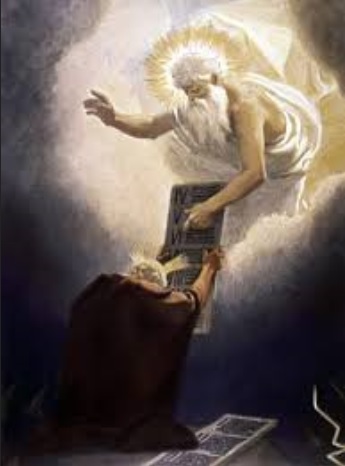
Ten Commandments given to Moses by God
.
The Justified Slaying of Laban
Key to understanding why Nephi was justified in slaying Laban is the understanding of the crimes that Laban himself committed in context of the law at the time.
.
![]()



